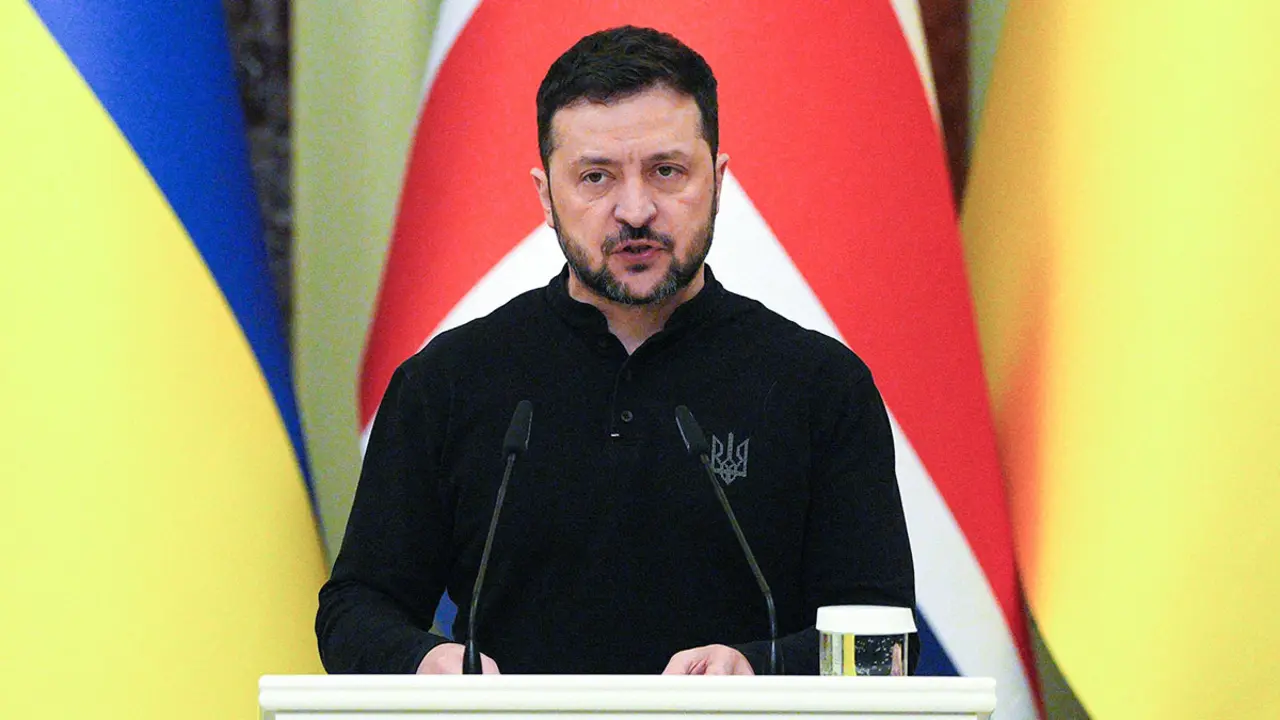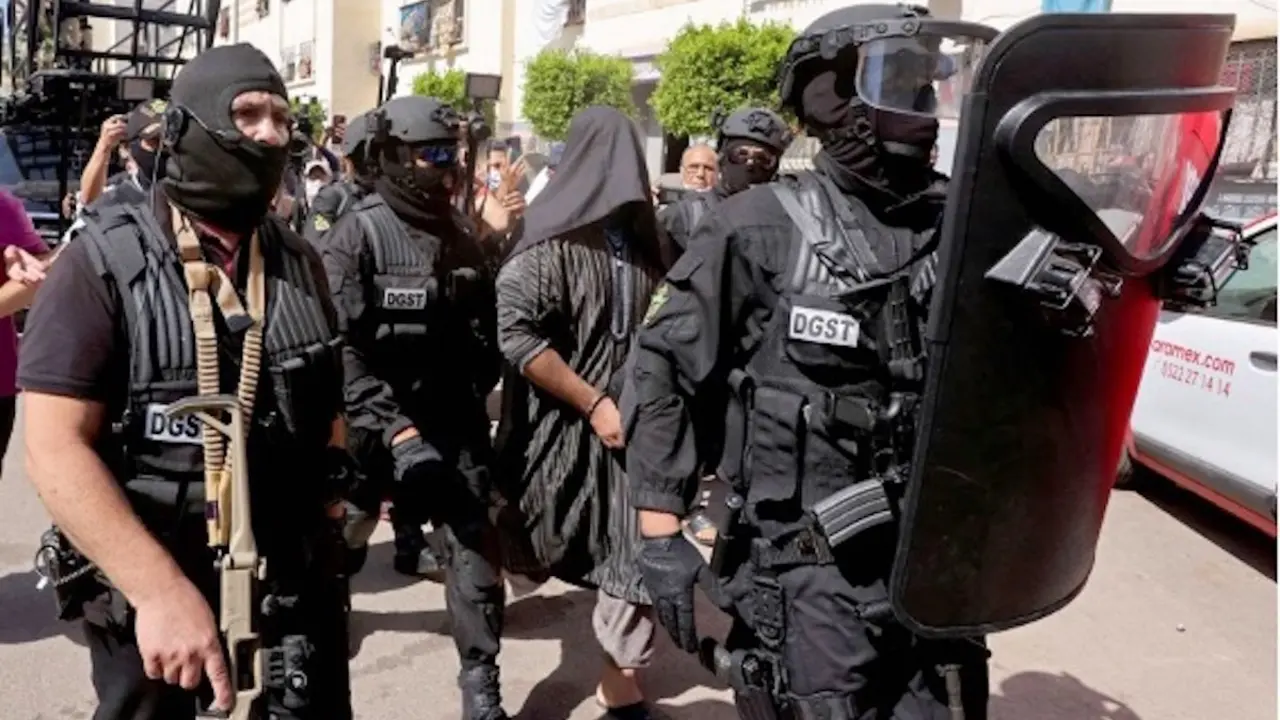The implications of the agreement between Russia and Sudan

Over the past month, talks have been formalised on the construction of a logistical naval base in Sudan, with which Russia would support its fleet from the Red Sea. Although the negotiations have not yet begun, it has been during these weeks that the possible locations have been confirmed and the agreement signed. Finally, the naval base will be located in the northern part of Port Sudan, in the east of the country, although the exact location is still being decided, with three possible areas.
The naval base will have an eminently logistical objective, which is why the number of personnel being handled is around 300, including both civilians and military personnel, in addition to four vessels which, according to the agreement, could be nuclear-powered. The space concession is for 25 years, with the possibility of renewing it for a further 10 years. The base will be able to carry out maintenance work on the ships, as well as refuelling. The agreement also allows for the transport of weapons through it and through Sudan's airports, so that the base can operate fully.

Russia's choice of Sudan enables it to consolidate its relations with this country without having to dispute its prevalence with other countries, as would have been the case if it had chosen to locate it in Djibouti, where countries like the United States, China and Japan already have a naval presence and from where the Bab el-Mandeb strait, which connects the Red Sea with the Indian Ocean, is perfectly controlled.
With the construction of the naval base, Russia is consolidating its growing presence on the African continent. So far, although its increased presence has kept a low profile, relations between the country and the continent have grown intensely in recent years. Russia has mainly explored the military and security field for its expansion. To this end it has availed itself of the presence of the Wagner Company, of arms purchase and sale agreements, and of agreements to strengthen the security environments of different countries through training and advice. Its presence has been confirmed in Mozambique and the Central African Republic, as well as in the Libyan conflict and more or less diffusely in other countries such as Mali.

Moscow has also forged closer diplomatic ties with the Russia-Africa summit in 2019, where almost all the African countries were present, and many cooperation agreements were signed in areas such as energy, the extraction of mineral resources and the development of infrastructures, in which Russian public companies will play an important role. In the military field, Russia already has cooperation agreements with almost the whole continent, except for countries such as Morocco-which, militarily speaking, is opting for its alliance with the United States, as opposed to Algeria. Also noteworthy are the energy agreements, particularly nuclear, with countries such as Egypt, Ethiopia, Kenya, Uganda and Rwanda, and those linked to mineral resources, such as the Central African Republic.

Another of Russia's ways of entering the continent relates to political influence and interference in the electoral processes of several countries. It has done so by encouraging disinformation campaigns in countries like Madagascar and the Democratic Republic of the Congo, supporting those governments that are most favourable to it. One of the ways in which it exerts this influence is through the presence of the Russia Today channel, which is present, with the exception of the Sahel region, in almost the entire continent.
Russia seeks to gain a presence on the continent, taking advantage of America's doubts about its relationship with it and its progressive military withdrawal from areas such as the Sahel and the Horn of Africa. The format it uses, which is less linked to issues such as the social and democratic development of the countries, the hallmark of relations between Africa and the European Union, makes it easier to understand certain African regimes. In this respect, its main competitor is China, although Beijing's preference for trade relations and investment in infrastructures leaves the security sector vacant for Moscow, and through it, to improve its position in other areas as well.








